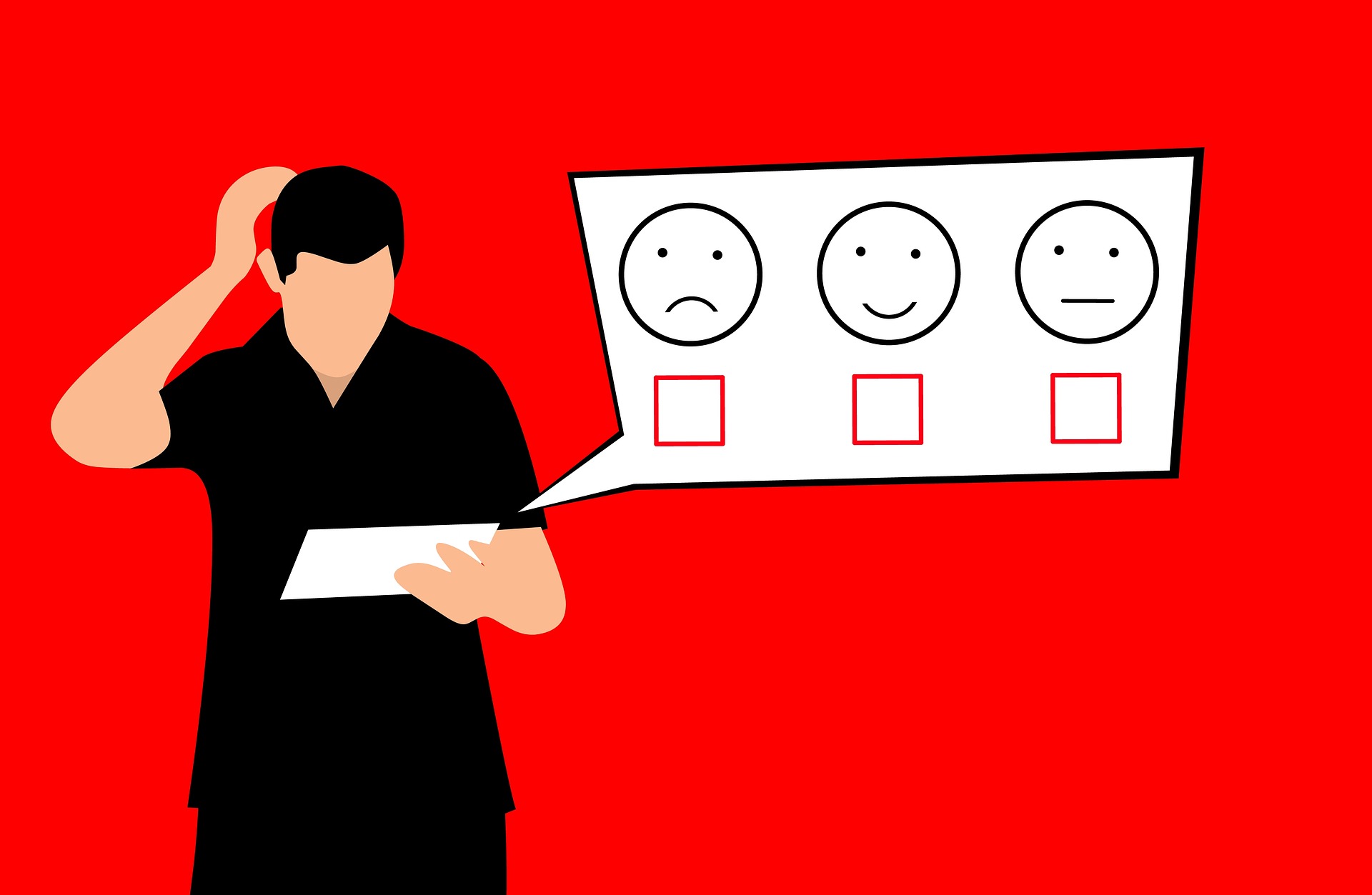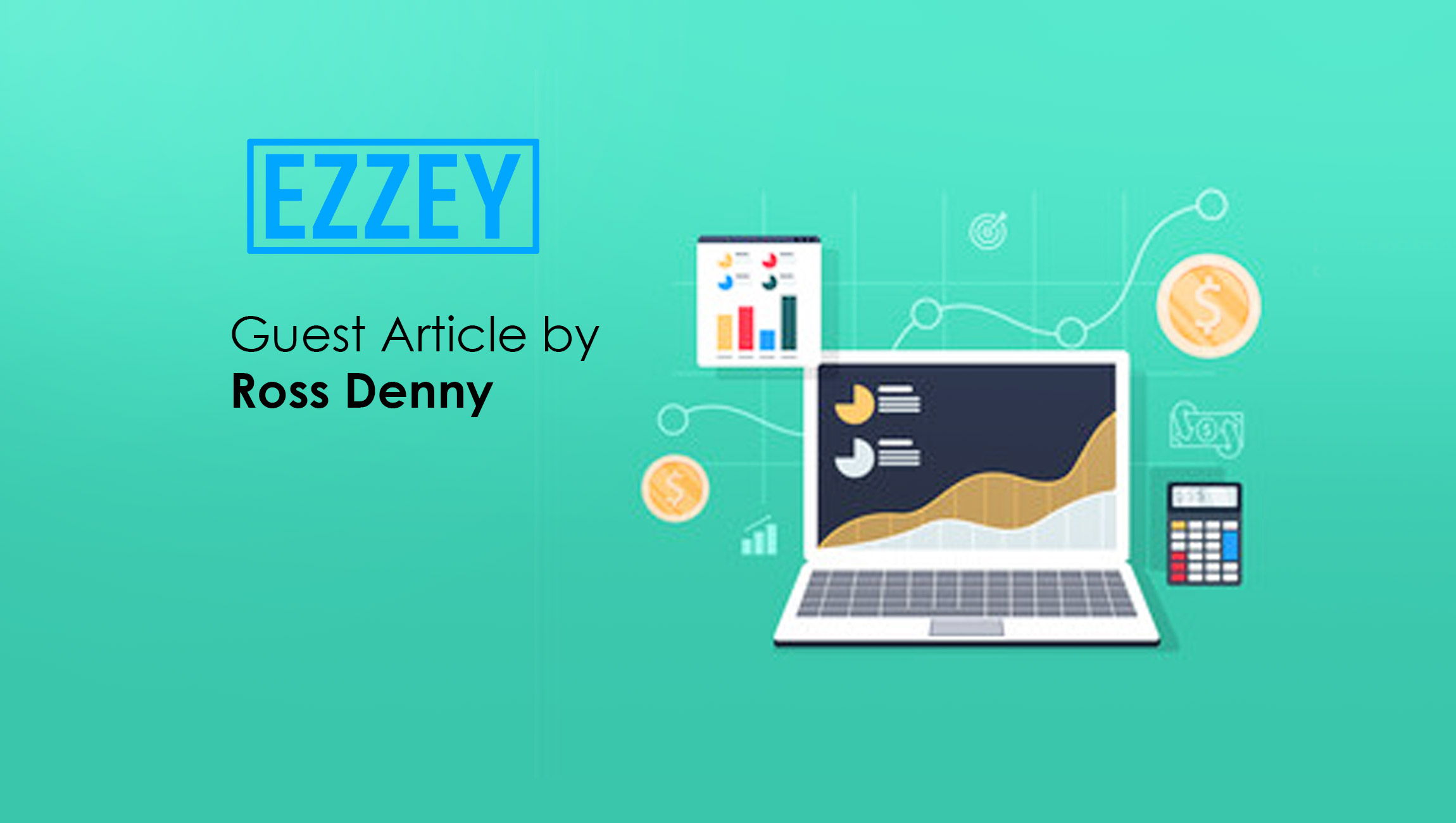Reputation is the bloodline for many businesses. You can never stress enough the importance of reputation in brand and business. A positive and good business image drives more customers, sales, revenue, and growth. Reputation management is an overwhelming undertaking which led to its automation eventually. Here, we shall walk you through aspects of reputation management platforms.
What is reputation management software?
Reputation management software is a tool that companies use to capture negative consumer experiences and promote their brands. It can also turn in reviews via ad campaigns or emails. For marketing teams, reputation management software can help interpret an organization’s online reputation and is fortified with monitoring tools to capture social media posts and discussions.
As most of the population depends on reviews while searching services or products on the internet, positive reviews likely drive more customers to companies who get them. According to the report of Ambassador, about 71% of social media users have been found to suggest a business with whom they gain a positive experience. Such recommendations go a long way, and more and more folks listen to the same story. Another amazing fact is that approximately 92% of consumers trust reviews published by other customers on the online platforms more than they trust friends and families. So, you can understand how crucial it is to manage online reputation nowadays.
Marketing Technology News: MarTech Interview with Liz Carter, CMO at Reputation
Features of reputation management platforms
It is now a fact that a business’s brand largely depends on how it handles its reputation. And due to this, the businesses are increasingly adopting reputation management software to facilitate a boost in brand image. But, what to look for in reputation management software? Here is a list of features of such a software that you must look for:
- A safe online environment: Corporate teams that exchange and access restricted data online must do it confidently with no threat of privacy infringements. That is why privileges, roles, and access have to allocate in a secure setting.
- Collaborative workspace: Big companies need online venues where their external and internal providers can collaborate. Several solutions enable multiple users, particularly for campaign management.
- Single window/ platform: Multiple reputation management software provides a single dashboard via which users present information. It can also be a single destination for info gathered from social media, listening tools, blogs, and others.
- Monitor and search functionalities: A perfect reputation management tool must be able to backtrack conversations and emerging stories and their corresponding origins. It also needs to monitor social media platforms to generate reports and get stories.
- Cost-effectiveness: Traditional methods of monitoring countless conversations that revolve around a single brand are not only mind-numbing but expensive as well. You need to ensure that the tool achieves the goal of reputation management cost-effectively.
- Packaging: The reputation management tools must be able to convert information into easy-to-understand and quality summaries that can be used to develop effective PR campaigns.
- Real-time notifications: Reputation management tools must deliver real-time notifications that promptly warn the users of product views of customers.
- Ease of integration/ deployment: Nuisances associated with deploying new solutions and technologies must be avoided. On-premises installation of the product must be avoided.
- Reporting and analysis: Easy and productive reputation management solutions must be able to report and estimate stories throughout different channels.
Advantages of Reputation Management Platforms
Why integrate reputation management software into your business? Unlike popular belief, this solution is not solely meant for big businesses. Regardless of how big or small your company is, you need to be vigilant of its online reputation. Failing to do so could impact your brand negatively. Here are the benefits of reputation management software to help make the right decision:
- Facilitates quick resolution of customer complaints
- Helps show concern over customer service
- Helps earn the trust of the customer
- Generates positive word-of-mouth about your business
- Enhances transparency
- Navigates business opportunities
- Encourages online endorsements
- Helps in growing online presence through different digital channels
- Assists in addressing negative comments and reviews
These are only some of the benefits of a reputation management tool. You can get a lot for your business via reputation management tools.
Marketing Technology News: Four Reasons Why Conversational Commerce is the Future of Customer Engagement
Latest trends in reputation management
Businesses have now identified the immense significance of utilizing reputation management tools, as shown in the increase in demand for such tools and services provided by PR firms. A domain that reputation management software has impacted positively is SEO (search engine optimization). Typically, product articles and reviews are the first things to emerge during online searches. Companies have been striving to transform review links and sites to lead visitors to their positive stories about the brand and digital platforms.











